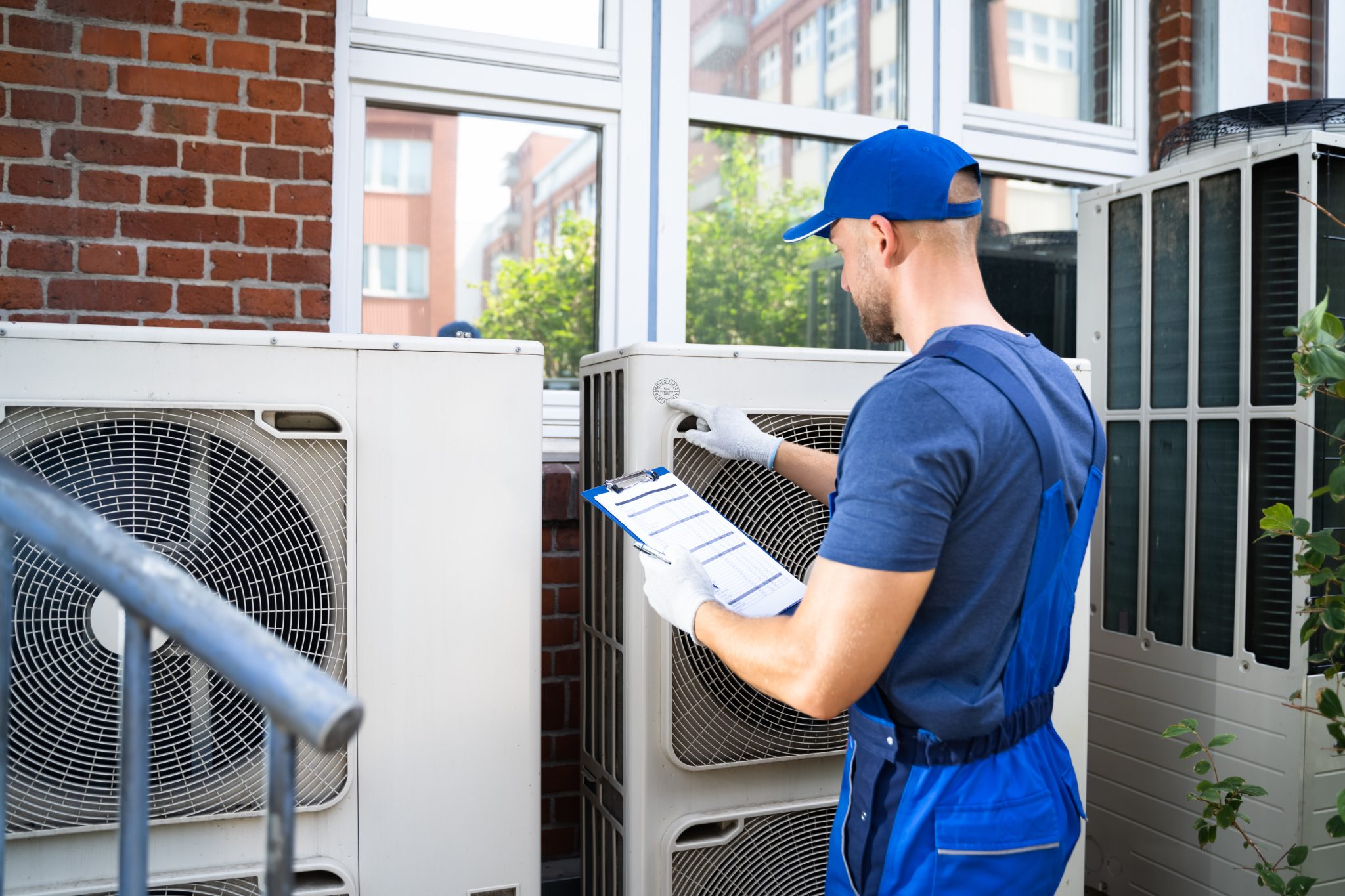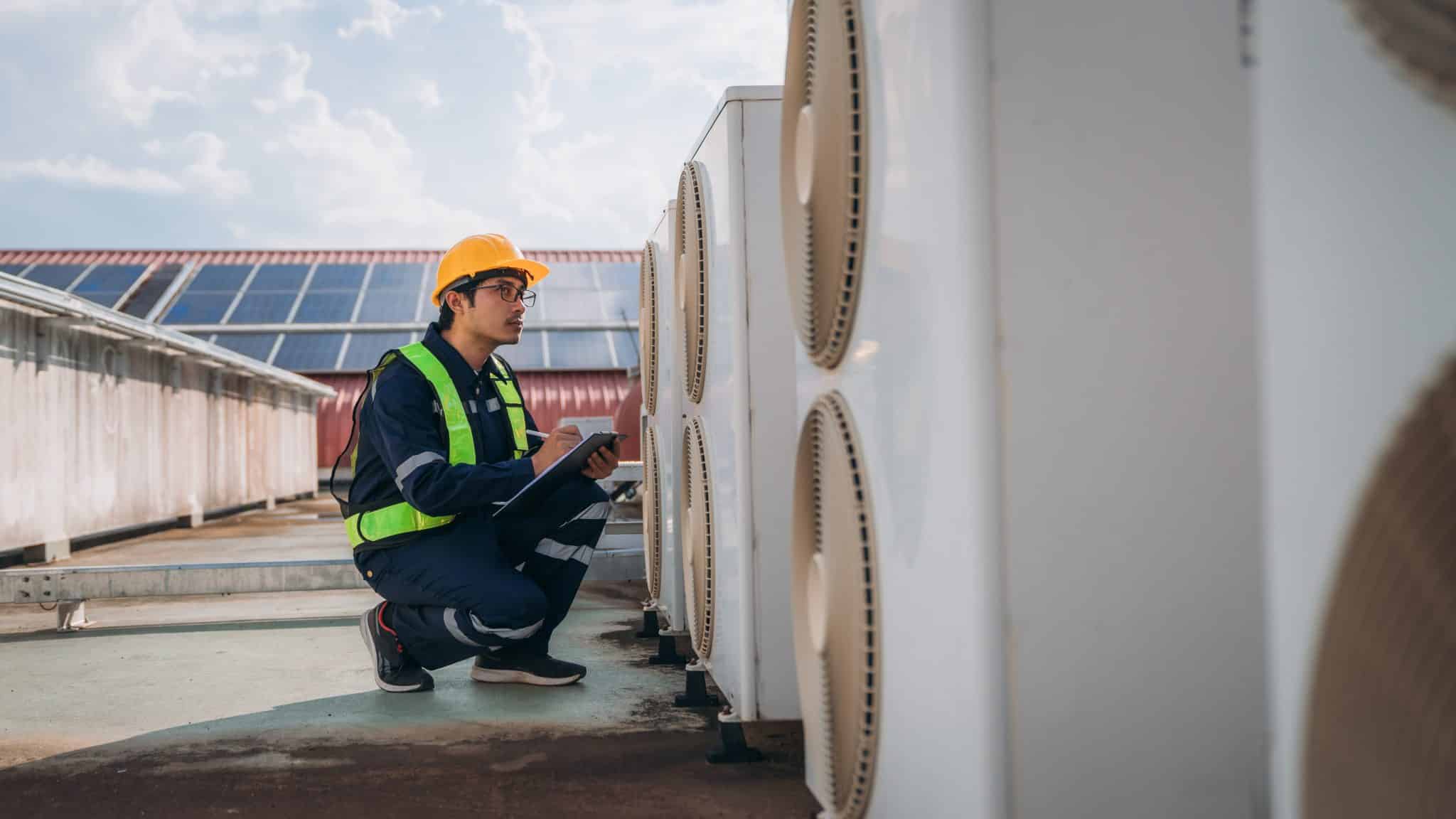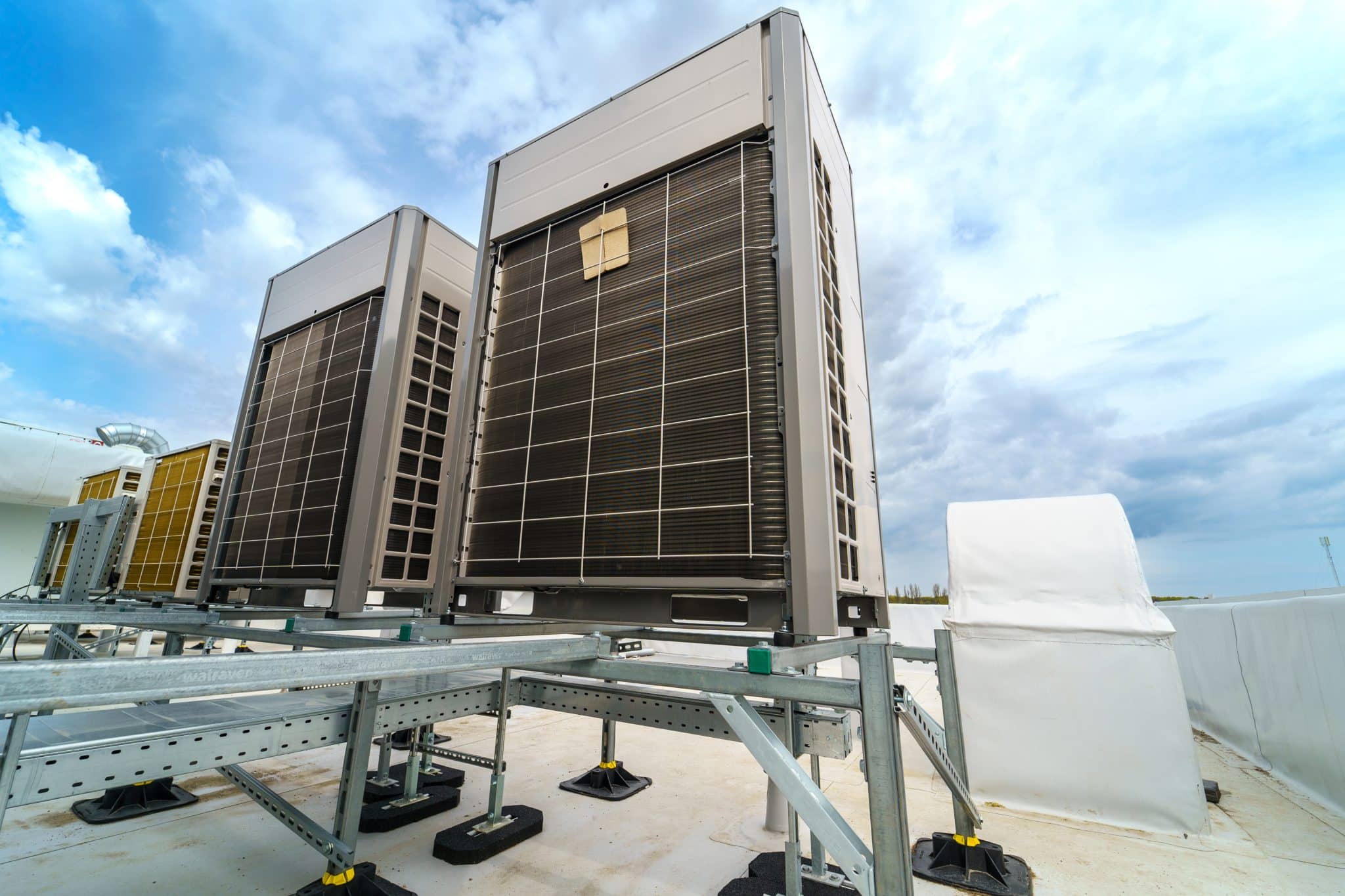In the ever-evolving landscape of commercial property management, maintaining superior indoor air quality (IAQ) has emerged as a critical priority. It’s not just about comfort; it’s about health, productivity, and compliance with health standards. This guide is tailored for facility managers and business owners, offering insights into how commercial HVAC systems can be optimized to improve indoor air quality, ensuring a safe and pleasant environment for employees, customers, and tenants.
The Significance of Indoor Air Quality in Commercial Spaces
IAQ’s Impact on Health and Well-being
Indoor air quality directly influences the health, comfort, and productivity of building occupants. Poor IAQ can lead to a range of health issues, from minor irritations like headaches and fatigue to more serious conditions such as respiratory diseases and allergic reactions. Ensuring good IAQ is not just a matter of comfort; it’s a health imperative.
Compliance and Standards
Regulatory bodies and health organizations have set forth standards and guidelines for indoor air quality, making it a key compliance issue for commercial facilities. Meeting these standards not only ensures the well-being of occupants but also protects businesses from potential liabilities and fines.
Strategies for Enhancing Indoor Air Quality with HVAC
Advanced Filtration Systems
Implementing high-efficiency particulate air (HEPA) filters or upgrading to filters with higher Minimum Efficiency Reporting Values (MERV) ratings can significantly improve the filtration effectiveness of your HVAC system, capturing a higher percentage of airborne contaminants and improving overall air quality.
Proper Ventilation and Air Exchange
Ensuring that your HVAC system is correctly sized and configured for your space is crucial for adequate ventilation. Increasing the rate of outdoor air exchange can dilute indoor pollutants, while energy recovery ventilation (ERV) systems can enhance efficiency by preconditioning incoming air using the energy from outgoing air.
Humidity Control
Maintaining optimal humidity levels (typically between 30% and 60%) is essential for preventing the growth of mold and mildew, which can degrade indoor air quality. HVAC systems equipped with humidity control features can help maintain these levels, contributing to a healthier indoor environment.
Regular Maintenance and Inspections
Routine maintenance, including regular cleaning of ducts, coils, and filters, is vital to prevent the buildup of dust, mold, and other pollutants within the HVAC system. Regular inspections can also identify potential issues before they escalate, ensuring the system continues to operate effectively.
Addressing Specific Indoor Air Quality Challenges
Combating Pollutants and Allergens
In commercial settings, various activities and materials can introduce pollutants and allergens into the air. Identifying the sources of these contaminants and implementing targeted solutions, such as localized exhaust systems or air purifiers, can help mitigate their impact on indoor air quality.
Managing Airflow and Distribution
Strategically managing airflow and distribution can prevent the spread of contaminants throughout a facility. Zoning systems and proper ductwork design can ensure that air is evenly distributed and areas with higher contaminant levels are adequately ventilated.
Incorporating Air Quality Monitoring
Advancements in sensor technology now allow for real-time monitoring of indoor air quality parameters, such as particulate matter, CO2 levels, and humidity. Integrating these sensors with your HVAC system can provide continuous feedback, allowing for adjustments to be made proactively to maintain optimal air quality.
Prioritizing Health Through HVAC
Elevating indoor air quality within commercial spaces is a multifaceted endeavor that requires a strategic approach to HVAC management. By prioritizing advanced filtration, proper ventilation, humidity control, and regular maintenance, facility managers can create healthier environments that enhance the well-being and productivity of occupants.
For businesses in Central Florida looking to improve their indoor air quality, CFLSS offers a suite of HVAC solutions designed to meet the unique needs of your commercial space. Our expert team is committed to delivering systems and services that not only meet but exceed air quality standards, ensuring a safe, comfortable, and compliant facility.





